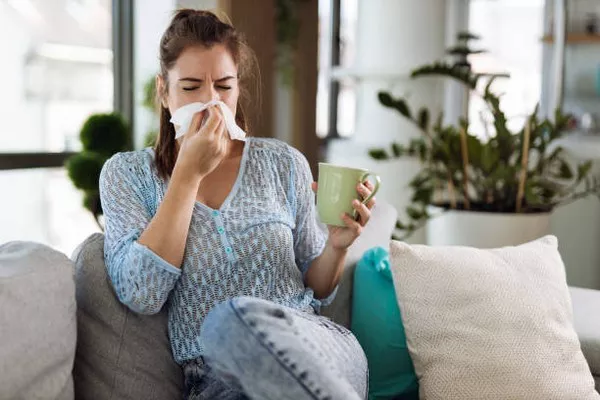As spring unfolds in Philadelphia, the city is experiencing a surge in allergy symptoms, leaving many residents grappling with sneezing, swollen eyes, and respiratory discomfort. The intensification of allergy season is attributed to several factors, including global warming and prolonged exposure to pollen.
Rahim Ali describes the current allergy situation as particularly challenging, with symptoms such as sneezing and swollen eyes making daily life difficult. Similarly, Patricia Davis and Claudia Crane echo these sentiments, highlighting the discomfort caused by seasonal allergies.
According to Dr. Manav Segal, an allergy specialist based in Philadelphia, the warmest winter on record in 2023 has led to an early start of the growing season. Consequently, the allergy season has commenced 20 days earlier and is expected to last 10 days longer than usual. Additionally, the increased temperatures have resulted in a notable uptick in pollen levels, exacerbating allergy symptoms by over 20%.
To minimize pollen exposure, individuals are advised to:
Stay indoors when pollen levels are high.
Change clothes and shower upon returning home to remove pollen particles from the body.
Keep windows closed and utilize high-efficiency filters in home ventilation systems.
Start taking allergy medication two weeks before the onset of allergy season for optimal effectiveness.
For individuals who find conventional medications ineffective, allergy shots may offer significant relief.
While spring allergies are anticipated to persist until mid-June, there is a brief respite until fall allergies emerge in September. As allergy season continues to pose challenges, proactive measures and medical interventions can help alleviate symptoms and improve quality of life for affected individuals.


